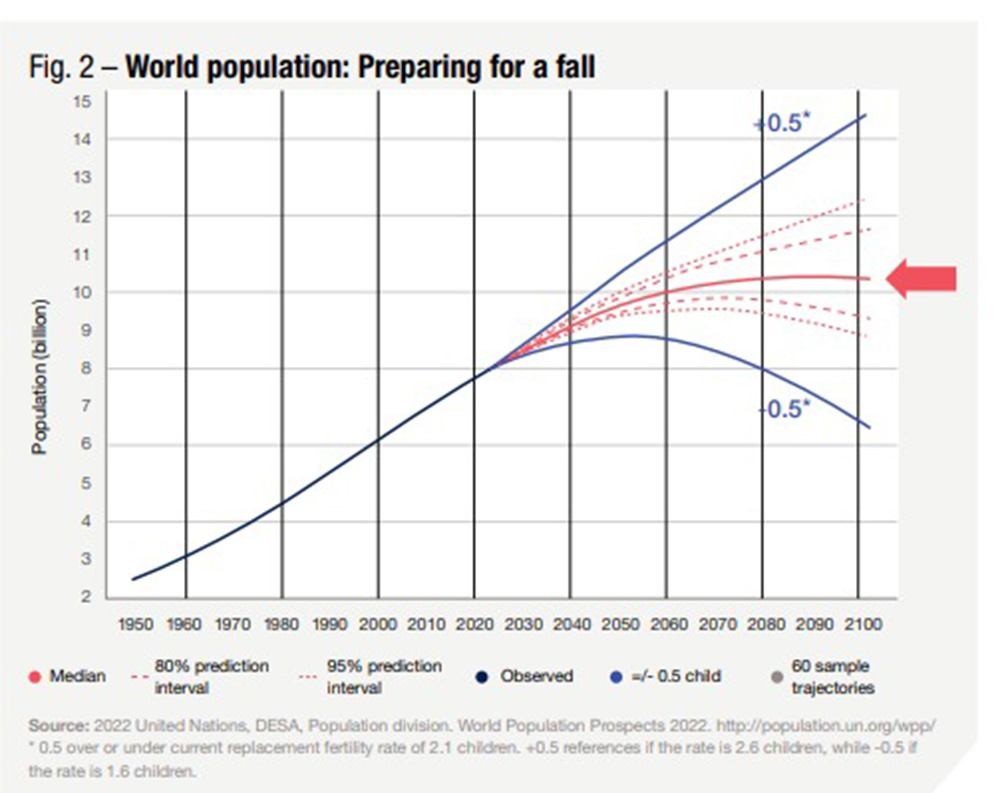

We need to talk about generations - Introduction
Some academics think we should stop all reference to generations: a couple of years ago an open letter was sent to the Pew Research Center, signed by 180 professors and lecturers, calling on business to stop using generational terms as it gives them a legitimacy they don’t deserve. We think that’s the wrong response. We absolutely do need to talk about generations.
Our Ipsos Global Trends research tells us that all age groups are equally worried about climate change. What young people are more worried about are the more immediate issues like low incomes and housing.
 Using a generational lens is an effective way of understanding how and why societies and consumers change. The real task being to separate three effects that explain changes among consumers. First, which patterns are simple lifecycle effects – for example people tend to be more physically active or date more when they are young, and all generations go through this life stage. Second, which are period effects – affecting all generations (such as the Covid pandemic). And finally, and most importantly, which are cohort effects, where we can see that a particular generation is different from others at the same age and is staying different. If we do that, we can predict the future in a much more meaningful way.
Using a generational lens is an effective way of understanding how and why societies and consumers change. The real task being to separate three effects that explain changes among consumers. First, which patterns are simple lifecycle effects – for example people tend to be more physically active or date more when they are young, and all generations go through this life stage. Second, which are period effects – affecting all generations (such as the Covid pandemic). And finally, and most importantly, which are cohort effects, where we can see that a particular generation is different from others at the same age and is staying different. If we do that, we can predict the future in a much more meaningful way.
Better analysis can also shine a light on the big population trends that now need to shape our thinking about generations, changes which are not yet getting attention. Because we need to talk about demographic realities.
 An increasing number of countries around the world now have a median population aged well over 40. Indeed, if were we producing a “Generational Power Index”, it is Generation X and the Baby Boomers who would come out on top on many measures, not least those relating to financial resources or economic and political power. Are marketers missing a trick by concentrating too much on the needs and aspirations of Generation Z?
An increasing number of countries around the world now have a median population aged well over 40. Indeed, if were we producing a “Generational Power Index”, it is Generation X and the Baby Boomers who would come out on top on many measures, not least those relating to financial resources or economic and political power. Are marketers missing a trick by concentrating too much on the needs and aspirations of Generation Z?
 This is before we turn our attention to what is now very much on the immediate horizon.
This is before we turn our attention to what is now very much on the immediate horizon.
Fertility rates are now below replacement rates (2.1 children) in most parts of the world. We now need to prepare ourselves for a world which is characterised by population decline rather than population growth. China, South Korea, and Italy are just three of the 41 countries covering a majority of the world’s population (5.4 billion out of eight billion) where it’s happening already. So, we need to talk about what the prospect of an Empty Planet means for businesses, for governments, for all of us – including the generations to come.
This report forms part of a new Ipsos research programme to help us better understand the dynamics of generational analysis and demographic change. We have tried to challenge the natural temptation to make generalisations, and ground ourselves in evidence, with a particular emphasis on understanding what is happening on the ground, as seen through the lens of a series of “case study” countries.
Table of content
- We need to talk about generations: Understanding generations - Foreword by Ben Page
- Introduction: Generation myths and demographic realities
- Context: Why generational analysis matters
- Peak population: Preparing for the fall
- A topic of conversation: How do people talk about generations?
- Generation questions: Issues to think about
- How to tell a myth from a reality in UK generations
- Western generational concepts don't apply in South Africa
- Why where you live matters in understanding generations in India
- Super-ageing in post-pandemic South Korea
- Population bust: How Italy is finally facing its grey rhino
- Mexico: from a teenage country to an adult one in a century
| Previous | Next |



![[Webinar] KEYS: What can we learn from what happened in 2025?](/sites/default/files/styles/list_item_image/public/ct/event/2025-12/keys-webinar-what-happened-in-2025-carousel.webp?itok=1gJKCCxx)